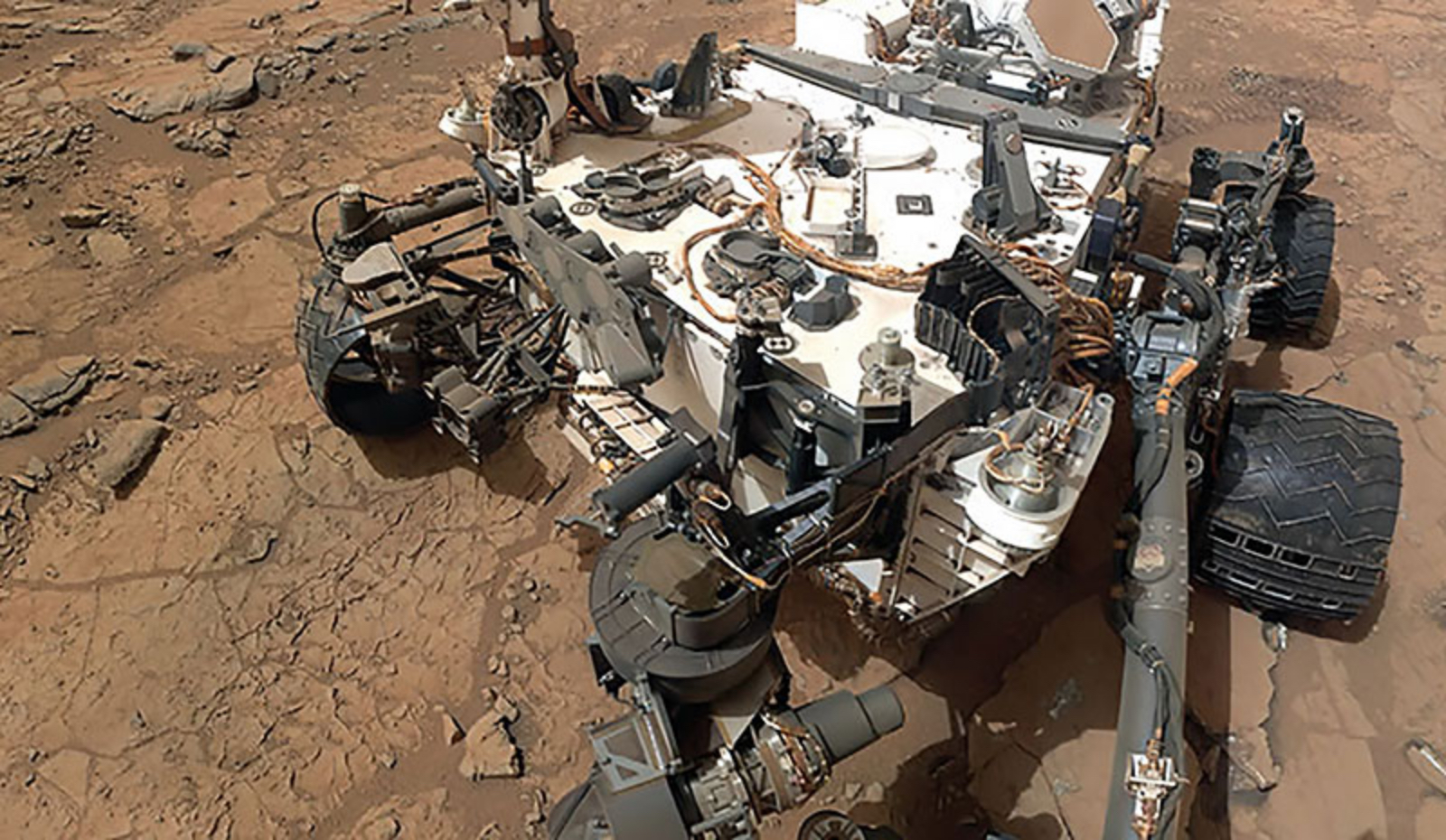
Magna Parva approached the MTC for advice and guidance on manufacturing an energy-absorbing structure for the Mars Sample Return mission using an electron beam melting (EBM) additive manufacturing process.
The structure needed to be strong enough to withstand freefall impact on re-entry, crushable enough to reduce impact shock for its contents, and heat proof to keep the sample below a specified temperature.
Working in conjunction with Magna Parva, the MTC’s additive manufacturing team was able to manufacture lattice structures using EBM, taking into consideration the effects of build orientation. Inspection of the structures was conducted using non-destructive x-ray CT scanning to assess the quality.
The MTC team also provided Magna Parva with the parent properties of titanium alloy Ti6AI4V, which the team used to assess demonstrators against, to see if the material could withstand the stresses of re-entry.

The additive manufactured crushable structure enabled Magna Parva to assemble and mechanically test the structure for the European Space Agency’s Thermal Protection System Project.
The innovative technology, manufacturing process steps and mechanical test results have been captured and validated by theoretical analysis and FEA, allowing Magna Parva to further optimise the structure design while considering manufacturing post-processing techniques to improve accuracy and quality of the parts.
"The MTC was able to provide knowledge of the additive manufacturing tooling capabilities and detail exactly what happened during the manufacture phase, so we could record and review the process as well as the design methodology for further development. It is this advancement that is helping the technological process, and giving us the manufacturing input we need."
Zeshan Ali, Design Engineer, Magna Parva